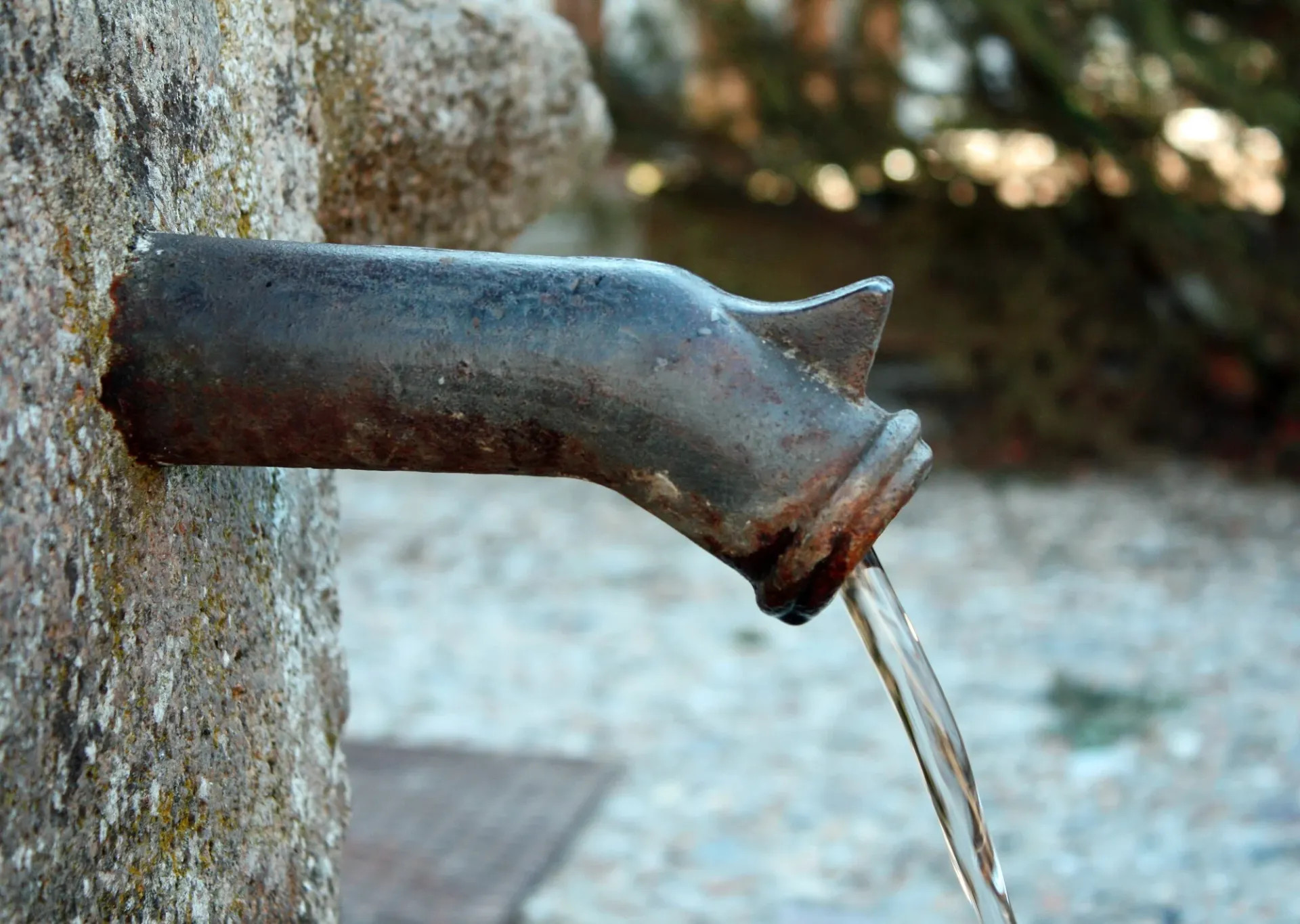Grease Catch Cleansing: Relevance, Process, and Best

On the planet of business cooking areas and food facilities, keeping a clean and reliable grease trap is vital for operational success and environmental compliance. An oil trap, or grease interceptor, is a plumbing gadget created to intercept most greases and solids prior to they can get in a wastewater disposal system. Regular cleaning and maintenance of this essential element not only guarantee appropriate working however likewise assist stop costly clogs and health code violations.
One of the main reasons for grease catch cleansing is the avoidance of obstructions in the pipes system. When grease accumulates, it can cause nasty odors, slow-moving water drainage, and even sewage backups-- a nightmare for any restaurant proprietor. Many businesses rely on number one grease trap cleaning professionals to stay ahead of these issues. Moreover, allowing grease to leave right into municipal sewer systems can cause hefty fines from regional authorities, as it can trigger extreme ecological concerns. By adhering to a normal oil catch cleansing schedule, services can conserve cash and protect both their operations and the environment.
The process of oil trap cleansing commonly entails an expert solution that drain the built up grease and solids. At first, the service group will certainly assess the catch's condition, determining the thickness of the oil layer and identifying the overall quantity of waste. To fully understand what's involved in professional servicing, learn more about how technicians handle grease trap cleaning from start to finish. Upon effective elimination, the grease catch is extensively cleaned, guaranteeing that any residual build-up is removed. This thorough cleansing not just boosts the oil trap's effectiveness yet additionally lengthens its life-span, assisting services prevent premature substitutes.
Ideal techniques for oil catch maintenance include routine inspections and cleansings, normally every 1 to 3 months, depending upon usage degrees. In addition, personnel must be trained to properly deal with food waste and oil, instead of cleaning it down the drain. Urging techniques such as scratching plates before cleaning them and using filters in sink drains pipes can make a substantial distinction in reducing oil trap troubles. Together with these practices, buying high-grade grease monitoring systems can assist in decreasing accumulation and ensuring smooth operations.
Finally, grease catch cleaning is a vital element of running a successful commercial cooking area. By recognizing the importance of regular upkeep, the cleaning procedure, and ideal methods, food service facilities can avoid plumbing calamities and ecological fines while making certain a tidy and efficient operation. Normal interest to grease catches not only shields the business however additionally adds to an extra sustainable and environmentally conscious food market. For more references check https://en.wikipedia.org/wiki/Sewage.